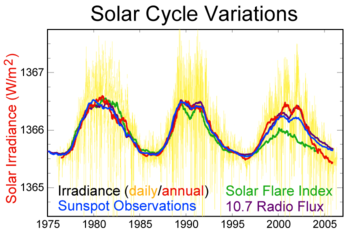Old Rocks
Diamond Member
And? 2016 is going to go down as the warmest year on record. And the temperatures at the poles are pretty much off the charts for much of this year. The sea ice at both poles is reflecting that heat. So, there may be some cold areas, also? So what?European Forecasters Warn Winter 2016 – 2017 Will Be “Coldest In 100 Years”
Published on October 11, 2016
Written by mesastuces.net
European weather forecasters believe that the inhabitants of the old world should start now making provisions for sweaters and winter coats. The German meteorologist Dominik Jung said the 2016-2017 season promises to be “unusually cold.”
European forecasters warn winter 2016 – 2017 will be “coldest in 100 years”
